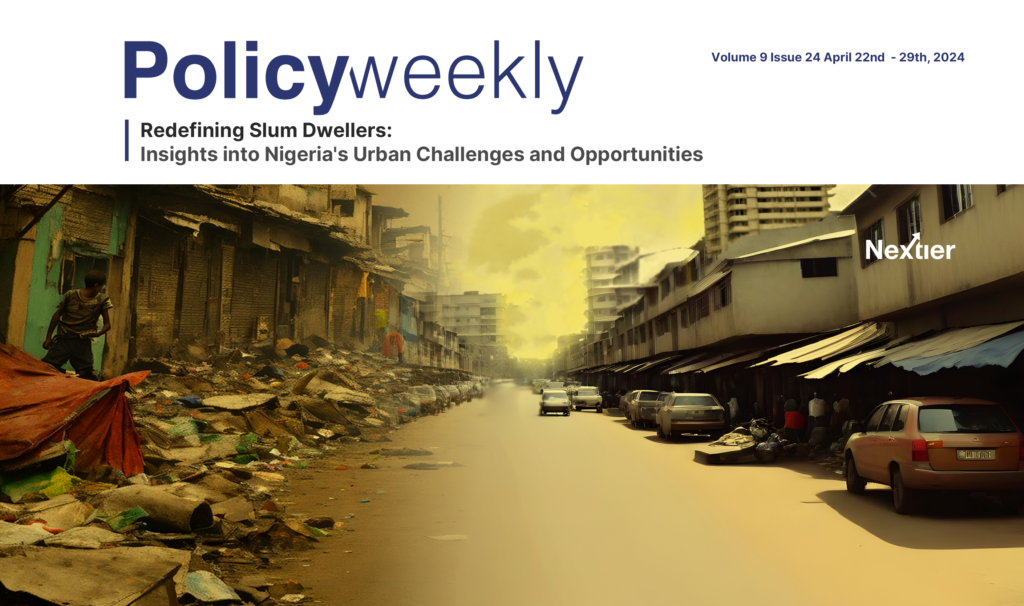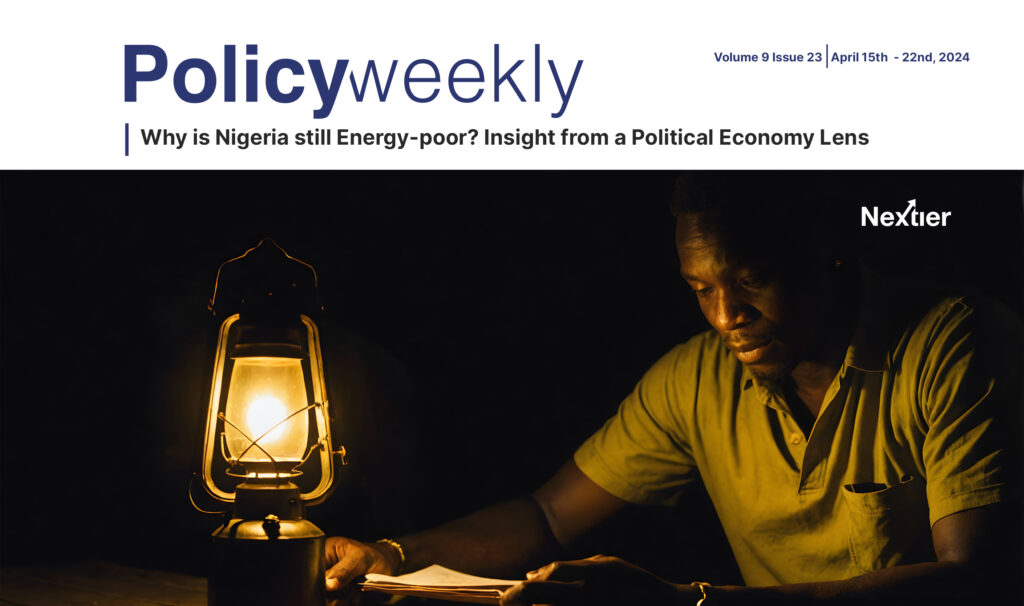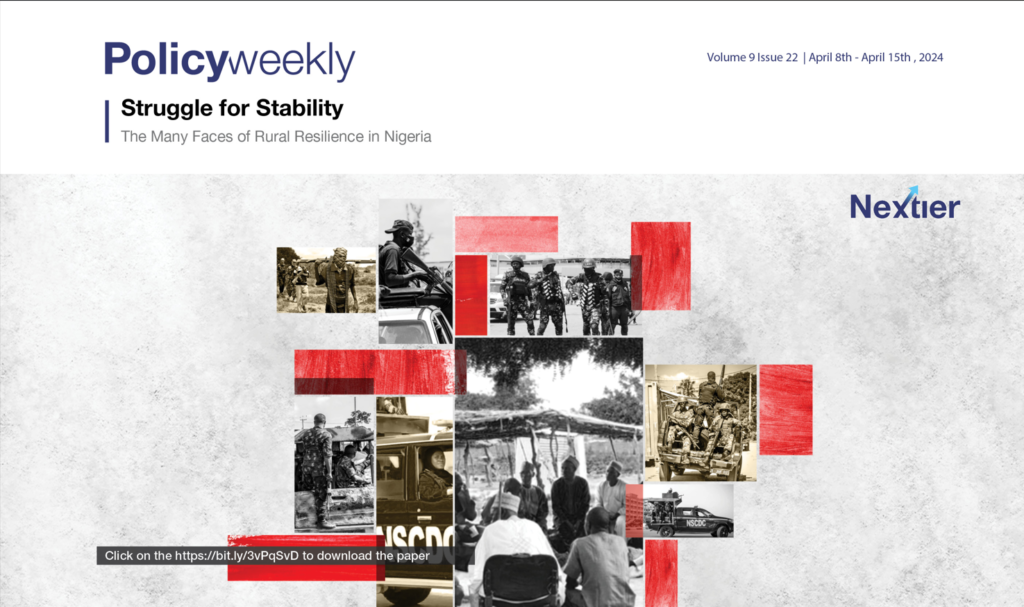In recent years, the Global Terrorism Index has categorised Nigeria as one of the most terrorised countries in the world. Indeed, terrorist activities are pervasive across many regions of the country, especially the North-East, North-West, North-Central and South-East. Cases of bombing, kidnapping, mass abduction, arson, and carjacking dominate the mass media. The perpetrators of these acts of ultra-violence against both hard and soft targets include jihadist fighters, separatist agitators, criminal gangs, and ethnic and religious insurgents. Between May 2015 and May 2022 alone, over 55,430 people were killed under President Buhari’s watch. Upon assumption of power in May 2015, the retired army general had promised to address violent insecurity, fight corruption and fix the ailing economy. Three months to the end of Buhari’s second tenure in May 2023, most of these promises have not been realised, even though there have been several profile convictions. The massacre of civilians and servicemen continues to increase while the counterterrorism strategy of government flounders. Over the years, efforts to unravel the identity of terrorism sponsors and prosecute them have not succeeded.
This edition of Nextier Policy Weekly examines the logic and challenges of this bold step by the apex bank.
Click here to download report



